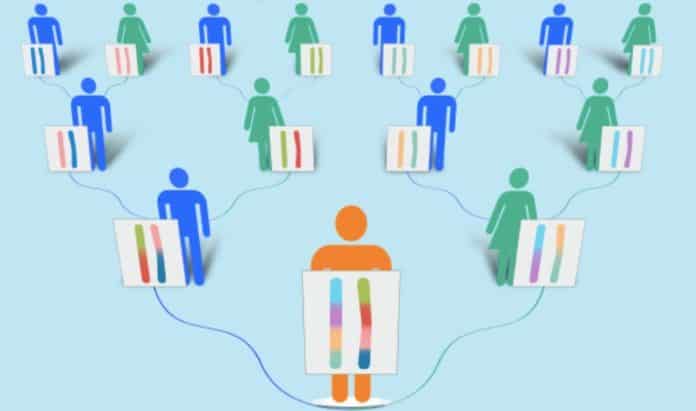Estonia Launches First State-Sponsored Genetic Testing for Residents
The Estonian government has now chalked up plans to provide free DNA-based lifestyle advice for 100,000 of its 1.3 million residents. It will be the first nation to provide a state-sponsored personal genetic information service – but some have warned that this might cause unnecessary worry for those who find out they have an elevated risk for certain diseases.
Lili Milani, a researcher with the Estonian Genome Center at the University of Tartu, has now issued a statement saying the scheme kicked off in March and will initially cover some 100,000 volunteers in the Baltic country of 1.3 million.
Participants are required to donate DNA samples from blood and give consent to storing their data to the Estonian Biobank, which has collected health records and biological samples from Estonians since 2000.
“Cardiovascular diseases are the No. 1 killer in Estonia,” Milani said, adding that authorities and scientists were hoping that the genetic screening data could answer questions on living habits and diet for better health care prevention.
“Lifestyle always outweighs genes,” she told The Associated Press.
“Today we have enough knowledge about both the genetic risk of complex diseases and the interindividual variability of the effects of medicines in order to start using this information systematically in everyday healthcare,
” said Jevgeni Ossinovski, Minister of Health and Labour. “In cooperation with the National Institute for Health Development and the University of Tartu, we will enable another 100,000 people to join the Estonian biobank, in order to boost the development of personalized medicine in Estonia and thus contribute to the advancement of preventive healthcare.”Andres Metspalu, Director of the Estonian Genome Center at the University of Tartu, welcomes the initiative of the Ministry of Social Affairs to increase the number of biobank participants. “We are glad that with the support of this project the results of the long-term work of the Genome Center will be transferred into practical medicine, and it will also give a further boost for our future research. The university will also contribute to the creation of a feedback system for the biobank participants, and to training healthcare professionals to give patients feedback based on genetic information.”
Milani said DNA samples will be analyzed for more than 600,000 genetic variants linked to common diseases such as heart diseases, diabetes and cancer. Family doctors will then tell participants about the results. However, participants can choose in advance how much information they wish to receive to avoid unnecessary anxiety.
The Estonian government has allocated 5 million euros ($6.2 million) for the project this year.






























